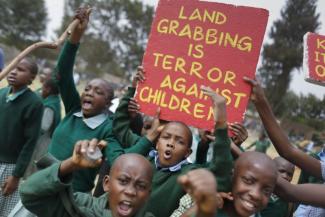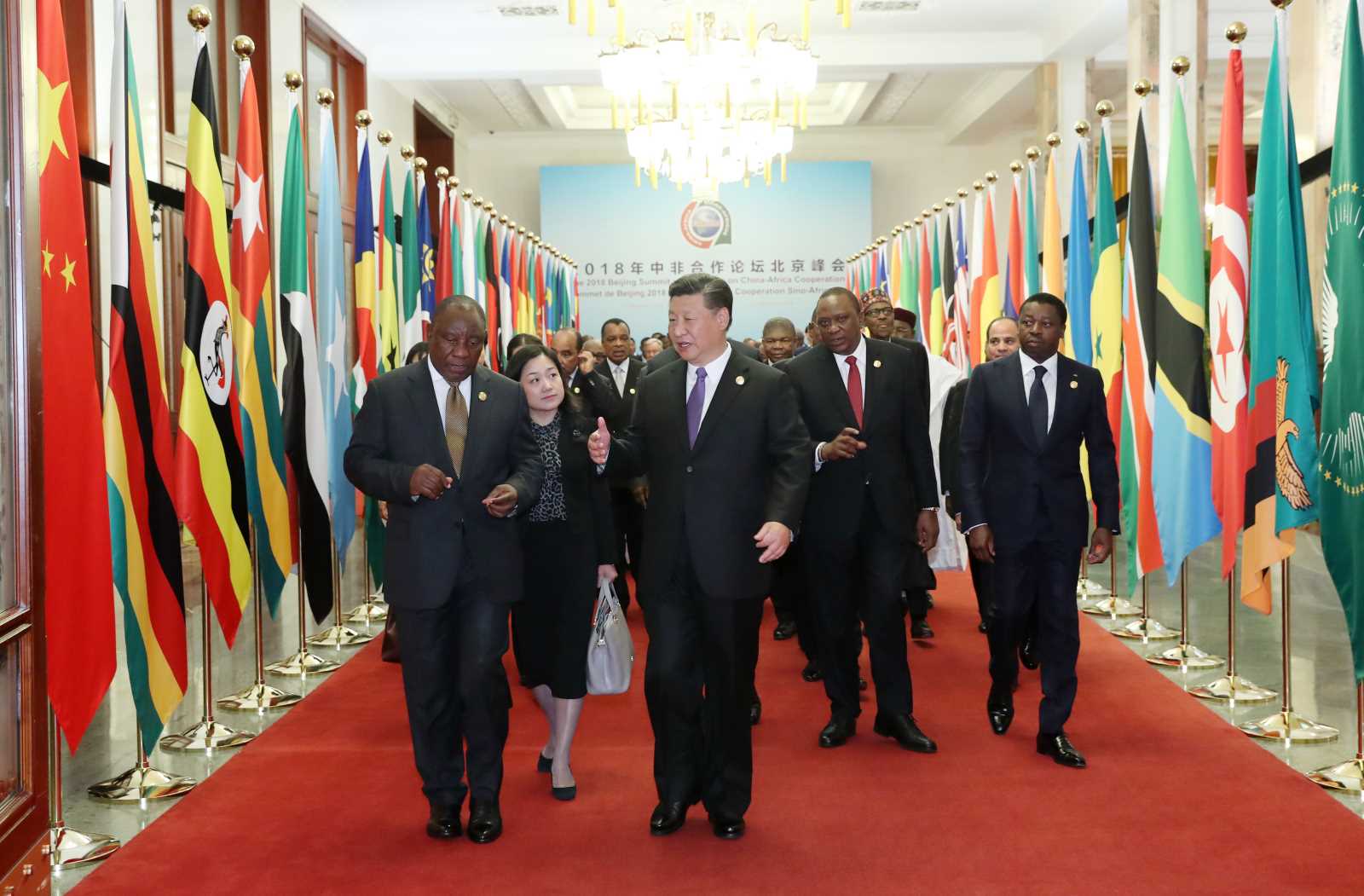Land grabbing
Mafia-like networks

But land grabbing by local elites is hardly taken into account, although its impact is just as devastating and far-reaching as land seizure by international corporations. In Chad – like in most countries south of the Sahel – politicians, soldiers, officials and businesspeople invest heavily in animal husbandry and appropriate farmland to that end. In villages on the edge of big cities, they also do so for speculative purposes. In many countries, mafia-like networks have developed, made up of local investors, government officials and members of the judiciary and security forces.
The methods they use to rob the poor of their land are clever and extremely perfidious: they intimidate people, take advantage of their ignorance and fear, abuse their power and use violence. Families, communities and entire regions slide even deeper into poverty, having lost their livelihoods along with their farmland. Young people move to cities, where they eke out a living as day labourers, try their luck in gold mines, or migrate to neighbouring countries or Europe.
As part of the EU's efforts to stem the flow of migrants and fight terror, the countries of the Sahel region are receiving significantly more funds for development than before. Germany's official development assistance (ODA) is providing special support to Mali, for example, and once again includes Chad, after bilateral cooperation between the two countries ended in late 2012 due to poor governance and corruption. But as long as employees of the state institutions that regulate land ownership are themselves users and speculators, and as long as impunity continues unchecked, land grabbing will increase rather than decrease. Whoever supports those responsible becomes an accomplice.








